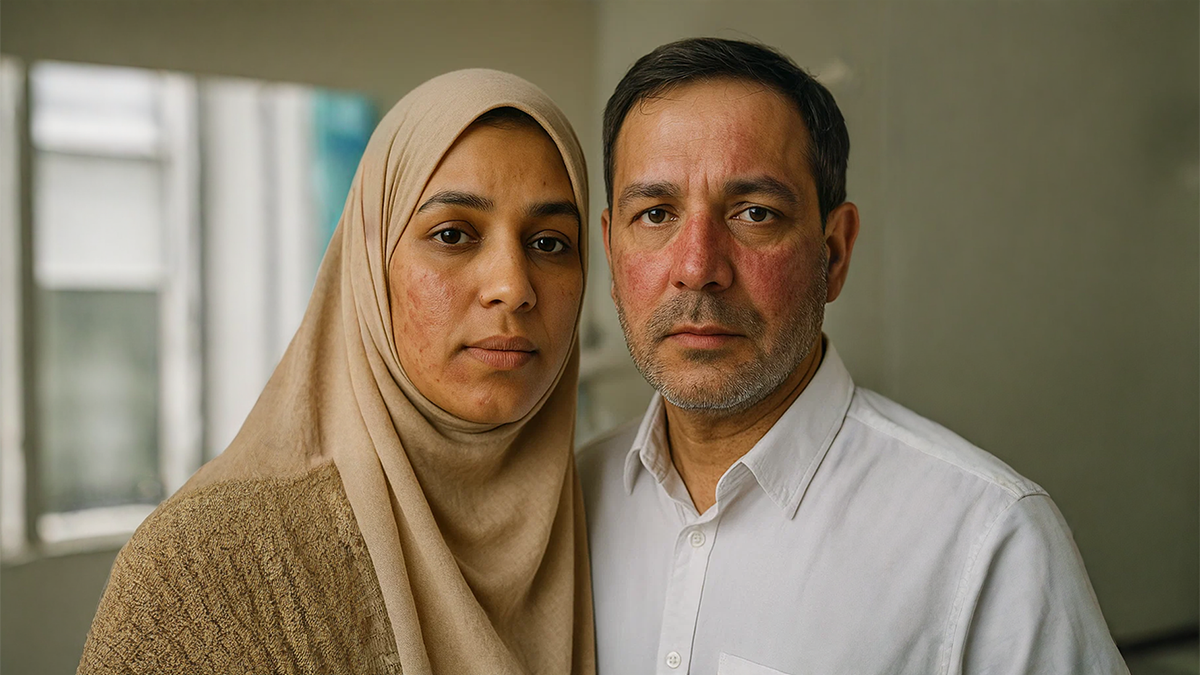Your skin is your body’s largest organ — and when it’s not at its best, it can influence both your comfort and confidence. From occasional dryness to redness that lingers, common skin concerns like eczema and rosacea can affect your daily life if not well managed.
But how do you know when it’s just a temporary irritation… and when it’s worth getting checked by a qualified skin specialist?
Let’s explore some frequently experienced skin issues, what may contribute to them, possible care approaches, and when professional advice might be helpful.
Understanding Common Skin Concerns
Skin changes can be linked to genetics, sensitivities, environmental exposure, or everyday lifestyle factors. Some resolve quickly, while others may need consistent care.
Here are a few conditions many people experience:
1. Eczema (Atopic Dermatitis)
Eczema is a recurring repair a damaged skin barrier that can cause dryness, itchiness, and patches of redness. It may appear on the hands, face, elbows, or behind the knees — in children and adults alike.
Possible contributing factors include:
-
A sensitive or reactive immune response
-
Genetic tendencies
-
Environmental elements (dust, soaps, stress, etc.)
-
Certain food or seasonal sensitivities
While eczema is not spread from person to person, it can be uncomfortable over time. Regular hydration, gentle moisturizers, and avoiding known triggers can help with symptom control.
When to consider a dermatologist visit:
If basic skincare adjustments and over-the-counter products don’t bring relief, or if the skin shows signs of worsening (such as increased redness, discomfort, or broken skin), it’s worth getting a professional opinion.
2. Rosacea
Rosacea is a common skin concern that leads to facial redness and visible small blood vessels. It may sometimes be mistaken for acne or sun-related flush.
Potential triggers can include:
-
Spicy foods
-
Alcohol
-
Sun exposure
-
Hot beverages or extreme temperatures
-
Stress
While there’s no one-time solution for rosacea, a personalized care plan from a dermatologist can help reduce flare-ups, often through prescription creams, a gentle skincare routine, and sometimes oral medication.
When to consider a dermatologist visit:
If facial redness is persistent or your skin reacts frequently to common products or environmental changes, a skin specialist can confirm whether it’s rosacea and guide you toward effective care.
3. Psoriasis
Psoriasis is a condition where skin cells renew more quickly than usual, leading to thick, flaky areas — often on the elbows, knees, and scalp.
Potential triggers include:
-
Stress
-
Certain health conditions
-
Specific medications
-
Cold, dry climates
Psoriasis can sometimes be linked to joint stiffness or discomfort.
When to consider a dermatologist visit:
If you notice recurring thick patches that shed easily or feel sensitive, a dermatologist can discuss treatment options such as topical creams, light-based therapies, or oral medicines.
4. Skin Rashes & Irritations
Not all rashes have the same cause — and many aren’t allergy-related. They may be connected to fungal growth, contact sensitivity, or autoimmune conditions.
Signs that a rash may need professional input:
-
Lasts more than a week
-
Spreads quickly or causes discomfort
-
Shows signs of infection (such as crusting)
-
Appears with general unwellness
Avoid self-diagnosing, as treating the wrong cause can sometimes make a rash harder to manage.
Other Skin Concerns to Be Aware Of
-
Acne: Breakouts that don’t improve with store-bought products may benefit from prescription options.
-
Melasma: Uneven brown patches, often linked to sun exposure or hormonal shifts.
-
Fungal infections: Common in feet, scalp, or body folds; can spread through contact.
-
Hives: Raised, itchy areas that may appear suddenly.
When Should You See a Dermatologist?
While some skin changes are mild and short-lived, others may require ongoing attention. Consider booking an appointment if:
-
Symptoms last more than 2–3 weeks
-
Over-the-counter products don’t bring improvement
-
The issue worsens or spreads
-
It interferes with your sleep, comfort, or confidence
Dermatologists treatments not only help with diagnosis and treatment — they can guide you in managing skin health long-term.
Stillman’s Cream: Supporting Clearer Skin
For mild marks or uneven tone that remain after skin concerns settle, Stillman’s Freckle Cream may support skin clarity. It should be used only after the skin has returned to a calm state and always alongside sunscreen.
Final Thoughts
From eczema to rosacea, skin changes are common — but you don’t have to manage them alone. Understanding potential causes, knowing when to seek skin rash care, and getting expert input early can make a big difference.
Trust your skin. If something feels unusual, check in with a qualified professional — it’s the first step toward restoring balance and comfort.





